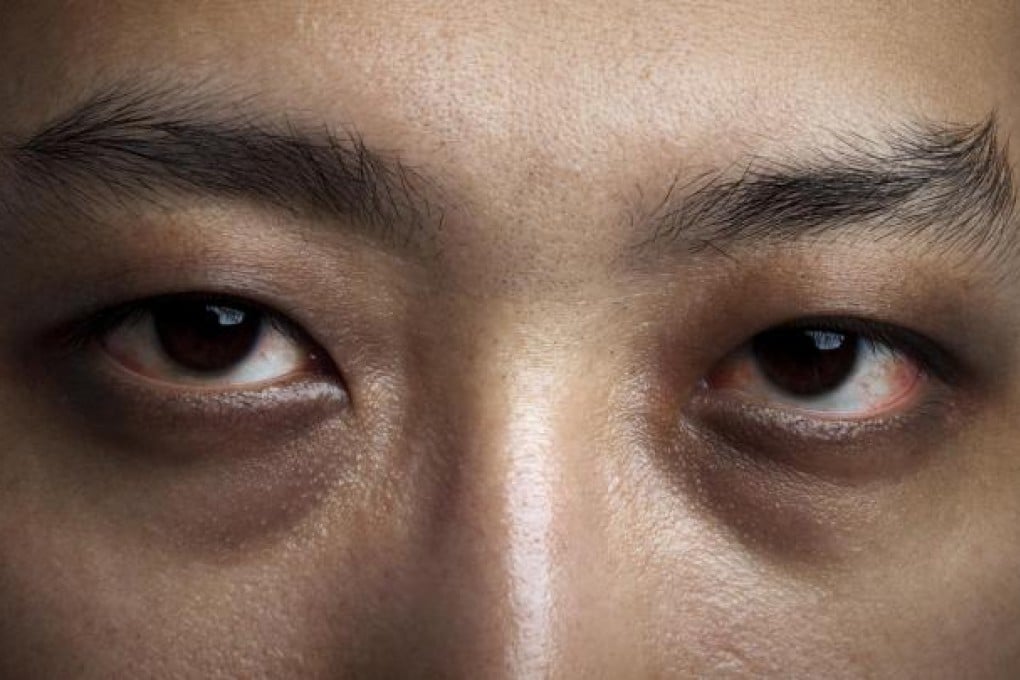Study links breathing disorders to insomnia
An experimental study has awakened doctors to another possible cause of chronic sleeplessness

Insomnia is a disorder in which the sufferer is unable to fall asleep, or stay asleep, as long as desired. Sometimes insomnia is a transient condition due to emotional stress, anxiety or a response to certain medications or medical conditions.
Insomnia without any known cause is termed as primary insomnia. Chronic insomnia is diagnosed if the condition lasts for longer than a month.
Regardless of the nomenclature, insomnia has significant physiological and psychological consequences. Restorative sleep is as important to our well-being as healthy food and regular exercise.
Insomnia sufferers report a diminished quality of life. If unresolved, chronic insomnia causes slowed reactions, mental health issues such as depression or anxiety, physical ailments such as obesity and increased risk for cardiovascular diseases as well as lower performance at work or at school.
In highly stressed Hong Kong, insomnia is common. Indeed, according to a recent study by the department of applied social studies at the City University of Hong Kong, 68.6 per cent out of 529 Hong Kong college students surveyed admitted to being insomniacs with reported psychosocial factors.
Another Chinese University of Hong Kong study by Zhang J et al, published in Sleep Medicine, which tracked more than 2,000 Chinese adults over five years, confirmed that chronic insomnia is a persistent problem in the city.